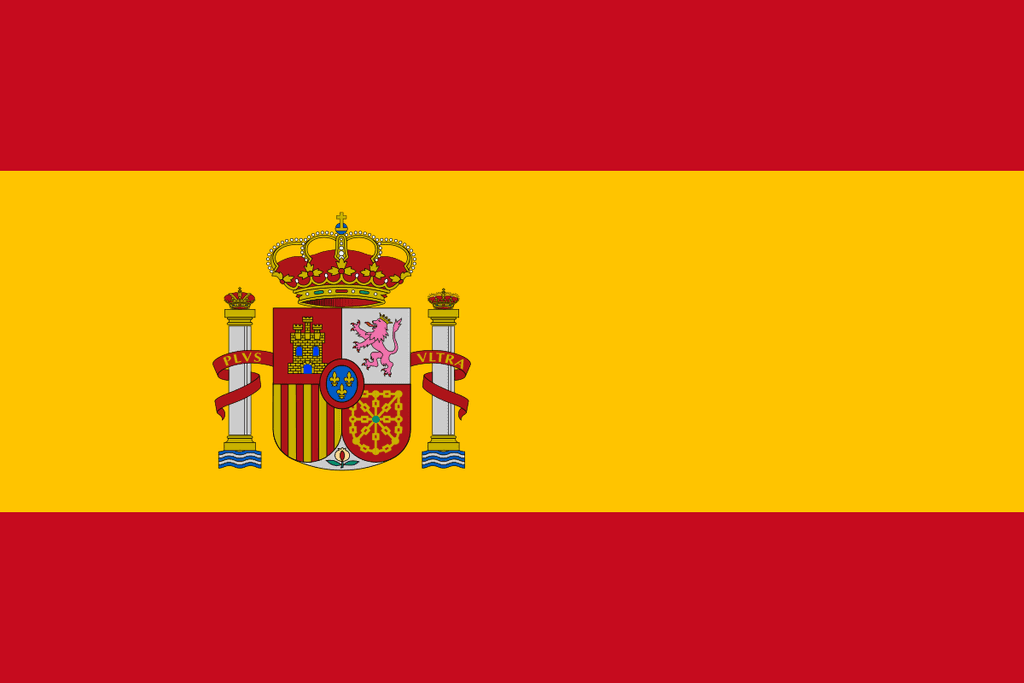

Like any business, cocoa farming includes processing a lot of data: on yields, investment, sales, land size, maintenance activities, and so forth.
Data culture in many Ghanaian businesses involves keeping and processing relevant business data either entirely in memory or partly in notebooks.
When our partners at African Cocoa Marketplace met Kakra (Ataa-Asantewaa Martha) Ph.D. recently, they were curious to ask about her experience gathering research data from cocoa farmers in Ghana.
At first, Kakra was positive in her answer: 'Getting data from farmers is easy.'
Bringing a human touch to data collection
Kakra explained that, in her PhD research on the livelihood trajectories of smallholder farmers in Ghana, she needed to know 'personal details about their lives.' Things 'they would be ashamed to share with other people. But they were willing to share with me.'
Here, the independent researcher's approach shines:
'I approach every farmer like she's my mother or grandmother, or my sister, or my brother, or my father,’ Kakra said. ‘So mostly they feel like they are telling their daughter or granddaughter or sister a story. And they don't feel too ashamed.'
Quantitative data collection remains a challenge
Even with a relatable personality, getting accurate quantitative data from farmers was tough. Because, as Kakra explained, 'they don't even know the answers themselves.'
'For instance,' Kakra said, 'if you're talking about things that need to have been recorded like, "How much did you make last season?" "How much yield did you get?" they have no idea.'
Another time when gathering quantitative data is tough is when discussing farm sizes.
Kakra said that farmers, ‘tend to exaggerate a bit, especially when nobody has ever measured [the farm] for them. So these days, what researchers do is to go early to the farm and measure it themselves. And not just ask the farmer.'
Thus, qualitative data are easier to gather from farmers, as they’re about personal experiences.
But due, at least in part, to low literacy and numeracy rates among smallholder farmers in Ghana, accurate quantitative data is sometimes harder to obtain.
Article written by African Cocoa Marketplace




